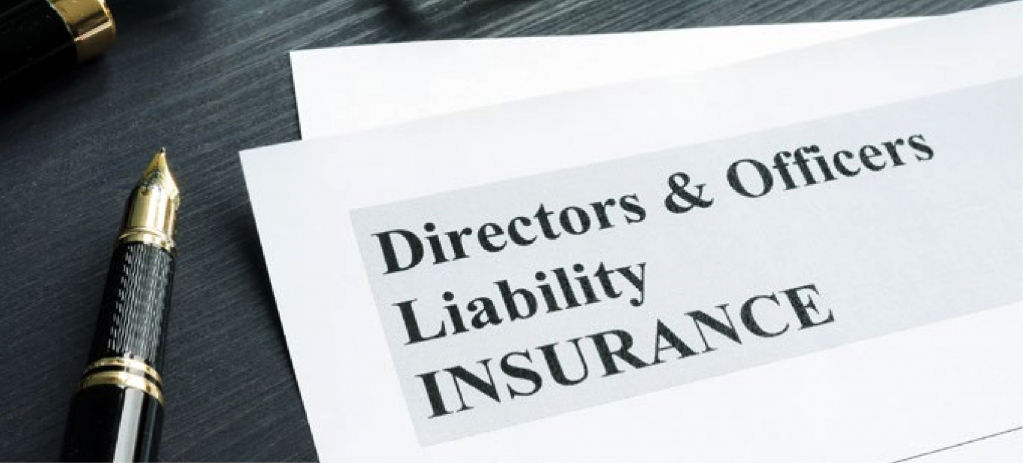
As part of the 25 years celebrations, we look back at the insurance industry over the same period, by David Coupe, InsureLaw and Yvonne Chu, Hassans International Law Firm
Gibraltar’s insurance sector was in its infancy. The regulatory framework was then governed by the Insurance Companies Act 1987 (“Insurance Act 1987”) and supervised by the Financial Services Commission.
In the UK, insurers were regulated by HM Treasury, and intermediaries were unregulated. Interestingly, insurance intermediaries were already regulated under Gibraltar’s Financial Services (Investment and Fiduciary Services) Act 1989.
In both the UK and Gibraltar, directors’ duties were based on common law principles. However, the tools available to the courts and regulators were weak in both jurisdictions, and rarely exercised.
The EU hadn’t had much direct impact either. Solvency I was in place, and Solvency II had not occurred. There was no Mediation Directive. There was little governance over the conduct of directors or products. A consumer duty was about as likely as a man on Mars! BREXIT was never discussed.
Companies law evolution
Companies law has changed considerably in both jurisdictions.
Gibraltar’s Companies Act 2014 modernised local company law, but, although based on the UK’s Companies Act 2006, it did not adopt the UK’s codified “general duties” and obligations of directors.
The Companies Act 2006 codified centuries of case law as regards directors’ duties. but with no material changes. The principal duty remained subjective i.e. a director must act in the way he considers, in good faith, would be most likely to promote the success of the company for the benefit of its members as a whole. It is the director’s knowledge that matters based on the circumstances that presents itself to them.
UK Insolvency Law has not changed since 1986. The personal remedies for directors’ misfeasance, and fraudulent and wrongful trading, remain the same. The Enterprise case summarises and applies the relevant UK caselaw, although Gibraltar insolvency laws have some subtle differences. However, it is difficult for us to draw much from the case. The Court accepted expert evidence that Enterprise was insolvent much earlier than the date of formal insolvency. This seems to be substituting the directors’ view at the relevant time, knowing what they knew then, with a retrospective view many years later. This raises many potential uncertainties for insurance company directors though.
Directors’ Disqualification
Unlike the UK, Gibraltar does not have any statutory provisions or legal framework like the Directors Disqualification Act 1986. However, both the Gibraltar and UK regulators now have significant powers to sanction and ban directors under regulatory laws (see below).
Financial services revolution
The Gibraltar Financial Services Act 2019 (FSA 2019) is a significant step forward in regulating individuals who hold positions of significant influence, including directors, and board members require prior GFSC approval. The FSA 2019 also imposes onerous obligations on directors of insurance companies.
The UK Financial Services and Markets Act 2000 represented a major change in the UK, and subsequent regulations have extended these changes. The new 2023 Act goes even further.
The Financial Services Centre (FSC), and the UK Prudential Regulation Authority and Financial Conduct Authority, undoubtedly now have significant teeth. They now have powers to raise hefty sanctions, bans and fines against directors and companies alike.
Fit and proper test
In Gibraltar, the tests for being a director have increased under the FSA 2019 and the Regulated Individuals Regime. Further, with the introduction of Section 83A FSA 2019, further obligations are imposed on directors as they are now required to determine whether any transaction that comes before them constitutes a material change that is notifiable to the GFSC or needs its approval. This requirement needs much time to bed in, but has created much uncertainty amongst directors.
In the UK, almost anyone could become a director 25 years ago. Now there are high thresholds requiring directors to prove they have the requisite skill and experience, and they must undertake continuous professional development. Some insurers have long induction courses to ensure compliance.
The march of the consumer
Perhaps the greatest change will come from 1st August 2023 – the introduction of the UK Consumer Duty. Gibraltar is also transposing the consumer duty into local law. Directors will have the additional burden of proving that the rights of consumer are prioritised on any business decision that comes before them. They must ensure that the consumer is at the heart of their business, with potential sanctions if they do not. They must demonstrate that they have put the necessary framework in their business to champion the rights of the consumers. The directors are once again in the firing line if they are not able to demonstrate this.
D&O Insurance – partial pain relief
25 years ago, the use of this was limited. However, its use in Gibraltar became more widespread, after the introduction of the Regulated Individual Regime, and the onerous obligations placed on directors under the FSA 2019. The same has occurred in the UK after the 2006 Act.
D&O continues to offer comfort to directors but does not provide protection against all liabilities. Wordings and levels of cover vary considerably, and care is needed when assessing such policies. The same applies to professional indemnity and fidelity insurances.
BREXIT – good for directors?
BREXIT was not what Gibraltar wanted. It severed many direct avenues of distribution, caused duplication of capital requirements, and created hostile EU Regulators. However, it removed the complexities of dealing with EU markets. The Enterprise case showed some of those difficulties. Perhaps not having to deal with the vagaries of Europe will assist directors.
The UK
BREXIT meant that Gibraltar became very dependent on the UK – and vice versa! And this mustn’t be forgotten – 35% of the UK motor insurance market is written in Gibraltar. How the Gibraltar Authorisation Regime is implemented, and what it means for directors in both jurisdictions remains to be seen. However, one can expect more cross-border responsibility to arise, and directors potentially having an eye on two regimes at the same time!
The next 25 years increasing liability but more certainty?
Change will occur over the next 25 years, but probably not at the same pace. The regimes are already strong; legislators will simply look to plug holes as they arise.
Consumers will gain wider rights – perhaps even personal rights against companies or directors. The consumer challenges for directors will grow – whether the benefits to consumers will increase commensurately is debatable. The clash between prudential requirements and the consumer duty will become obvious – the higher cost of compliance and claims incidence arising from the duty will require more capital but will inevitably be passed to the consumer through higher premiums. However, whilst politicians see protection of the consumer as their mantra, the industry will need to respond.
Insolvencies will also continue – insurance is a risk business, and however one tries to ensure that insolvency doesn’t occur, the spectre will remain, and directors sued personally. Will a relaxation of the Solvency II rules cause more insolvencies?
Perhaps we have seen the end of the more radical changes. In 25 years’ time, perhaps this periodical can report that there is a clear level playing field where directors have full certainty as regards their legal and regulatory duties and liabilities. Today, they clearly do not, and uncertainty prevails.





